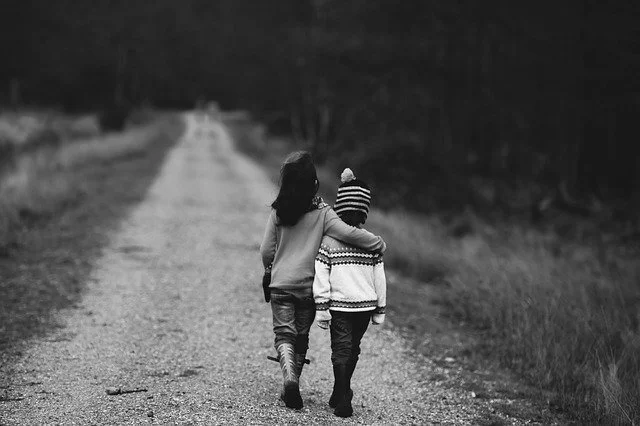The Thing About Relationships (Part 1)
Image by Annie Spratt from Pixabay
I’ve been thinking about the idea of relationships and, in particular, what makes a particular relationship enduring versus one that’s not. It’s a subject that’s been on my mind a lot lately as I’ve considered my own relationships over the years - both close and otherwise - to better understand what is it that has made some of them stick and others not. In particular, what makes for a “good friend”?
My own closest friendships, for example, seem to exist independent of time or effort. That is, they don’t demand (seemingly) that we spend significant amounts of time together, nor do they require much conscious thought and consideration to be maintained. There are friends who I won’t see for years and yet when we meet, we simply pick up where we left off, with the same openness, the same honesty and, the same forthrightness.
I suppose it’s true that, at some point, we did make the investment. At some point in our lives, we went through a set of shared experiences, shared a set of interests, and assessed our relationship (consciously or otherwise) sufficiently enough to deem it worthwhile to maintain and grow. (By extension, it makes sense that this happened with all of our interactions and relationships. It’s just that some made the cut and others didn’t.)
And at the core of each of these relationships, at the very foundation of our assessment, we must have come to the realization about what we could expect of the other person as well as what we should expect of them.
And at the core of that decision, would have been our acceptance that, we would have to accept certain things about each other. That we couldn’t expect it all of them (and that was OK), in the same way that they couldn’t expect it all of us (and that, too, was OK) - because we didn’t have it all to give (not that we wouldn’t give what we could or at least try).
In other words, we’d accept that we weren’t perfect. Just that there are things we each bring to the table that mean something to us and those things means more than what we see as our faults.
Note that I’m not talking about settling. This doesn’t extend to underlying values or principles. True friendships will have alignment around the core values that we hold most dear and which form the foundation of that relationship. (When that changes, so does the nature and closeness of that relationship. But otherwise, the relationship endures.)
I’m talking about accepting our own humanity, who we are and can be. And that is, to me, the thing about relationships that we need to remember - that hopefully we learn to accept.
And that is that we’re all imperfect. And our ability to establish, nurture and grow our relationships begins and ends with that.
Friendship is a mirror to presence and a testament to forgiveness. Friendship not only helps us to see ourselves through another’s eyes, but can be sustained over the years only with someone who has repeatedly forgiven us for our trespasses as we must find it in ourselves to forgive them in turn.
A friend knows our difficulties and shadows and remains in sight, a companion to our vulnerabilities more than our triumphs, when we are under the strange illusion we do not need them. An undercurrent of real friendship is a blessing exactly because its elemental form is rediscovered again and again through understanding and mercy. All friendships of any length are based on a continued, mutual forgiveness. Without tolerance and mercy all friendships die. (David Whyte)







